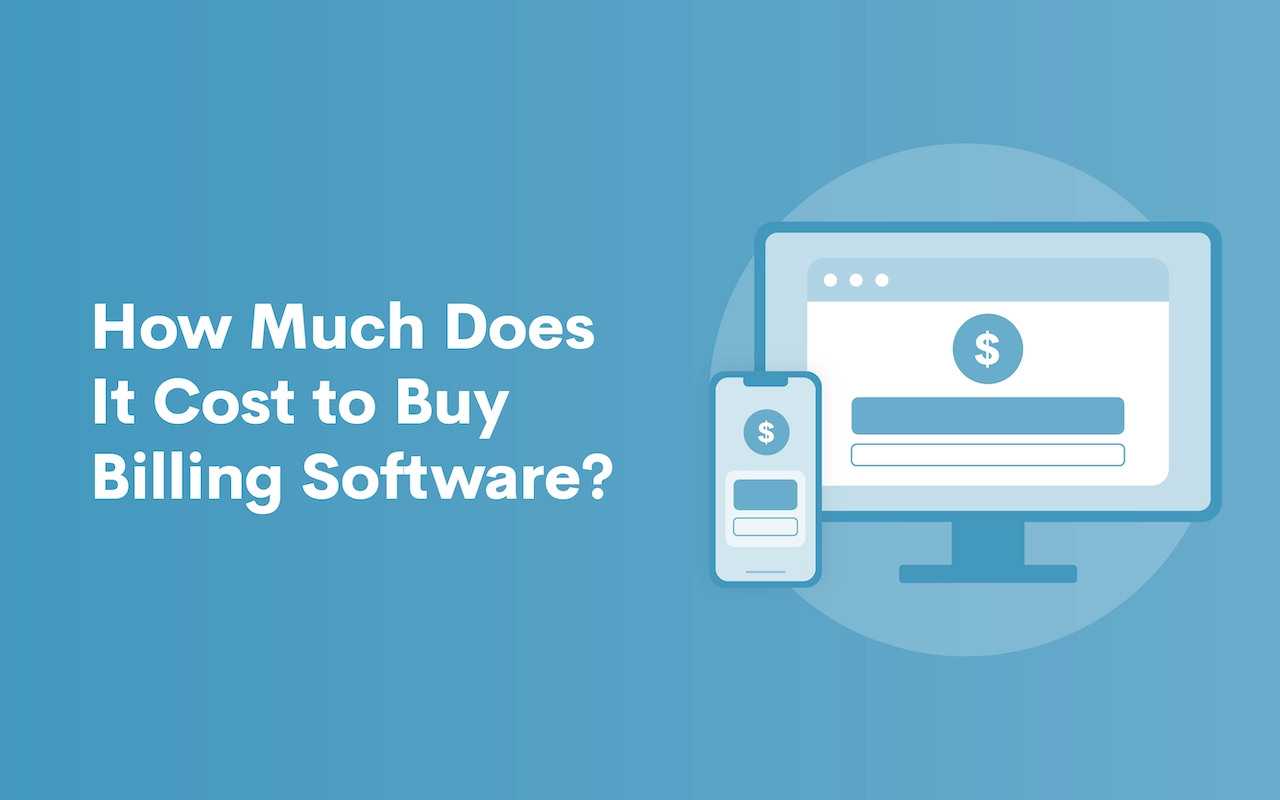How Much Does It Cost to Buy Billing Software?

Legal billing software for small firms is now widely available for varying prices, and artificial intelligence (AI) tools exist to create legal documents. However, these tools must be used correctly. This blog post will explore the costs of these tools, as well as how to properly leverage legal software and AI to streamline legal billing.
How do I set up a billing system for my law firm?
The importance of a billing system for attorneys cannot be overstated. Lawyers typically bill for their services in one of several ways:
- Hourly: Bills are based on the hours spent on a case or project, with time tracked in increments, e.g., tenths of an hour.
- Flat: A set fee for certain services, regardless of the actual time spent on the matter.
- Contingency: Lawyers are paid a percentage if the client wins the case or receives a settlement, a fee arrangement popular with personal injury attorneys.
- Retainer: An upfront fee is paid to secure the services of a lawyer, who then bills against this retainer as they work on the client's matter.
- Statutory: A legal fee set by statute or law that must be dictated or approved by the court.
- Hybrid: A combination of billing methods applied depending on the nature of the legal work involved and the client’s preferences.
When setting up a billing system, a lawyer must define billing policies, rates for different types of work, billing increments, payment terms, and additional fees or expenses clients may be responsible for. Some advantages of a billing system include the ability to streamline billing processes, improve client satisfaction, and effectively manage finances.
What is legal billing software?
Law firm time and billing software can play a crucial role in instituting a law firm billing system by automating tasks, streamlining processes, and ensuring accuracy. Here's how billing software can be used most effectively:
- Time tracking: AI-powered time-tracking features tools allow lawyers and staff to record billable hours in real-time and provide manual entry options for recording time after the fact.
- Invoicing: AI automates the generation of professional invoices quickly and accurately with customizable invoice templates, automated invoice generation, and the ability to include detailed descriptions of services rendered.
- Expense tracking: Billing software for small firms equipped with AI can automatically track, categorize, and reconcile reimbursable expenses related to client matters to ensure that expenses are accurately recorded.
- Billing rates: Legal billing software supports flexible billing rate structures, allowing lawyers to set different rates for different types of work or clients.
- Payment processing: Payment processing capabilities integrated into billing software facilitate secure and convenient payment collection from clients with online payment options.
- Reporting and analytics: AI analytics tools can track key performance indicators (KPIs) such as billable hours, realization rates, and collection efficiency, allowing lawyers to gain critical insights into billing performance, productivity, profitability, and key metrics to identify trends over time.
By leveraging software effectively, law firms can establish a streamlined and efficient billing system that enhances productivity, accuracy, and client satisfaction.
How does billing software work?
Whether you have a small or a large firm, a holistic view of your finances is essential. Lawmatics time and billing software allows lawyers to:
- Get a clear view of paid, outstanding, and overdue balances so you can tackle billing issues promptly and take appropriate action.
- Share invoices with your clients in a way that’s easy for them and efficient for you--via Lawmatics’ client communication portal, secure email, or traditional mail.
- Follow up with clients to collect funds and keep finances on track with automated payment reminders.
- Pull logged time entries from matters directly into invoices as line items, resulting in easy and on-demand legal billing and invoice generation.
With Lawmatics, recurring invoicing, tracking billable hours, matter management, and reporting all seamlessly work together.
How much does billing software cost?
The cost of billing software can vary greatly depending on the type, subscription model, number of user licenses, feature tiers, customization, and whether the platform is cloud-based or on-premises. Since lawyers often ask how to get billing software for free, many premium tools offer free versions. While low and no-cost options are available, these platforms typically offer only basic billing functionality and may have limitations compared to premium legal billing software. For example, free versions might include ads or watermarks on invoices. In comparison, paid legal billing software typically provides more advanced features, better support, and compliance with legal industry standards.
What software has the best tools for lawyers? Lawmatics.
Lawmatics’ law firm billing software automates every step in the billing process—from invoice creation to invoice sharing, payment collection, and payment status. Are you ready to learn how to bill clients easily and get paid faster? Get a demo today.

